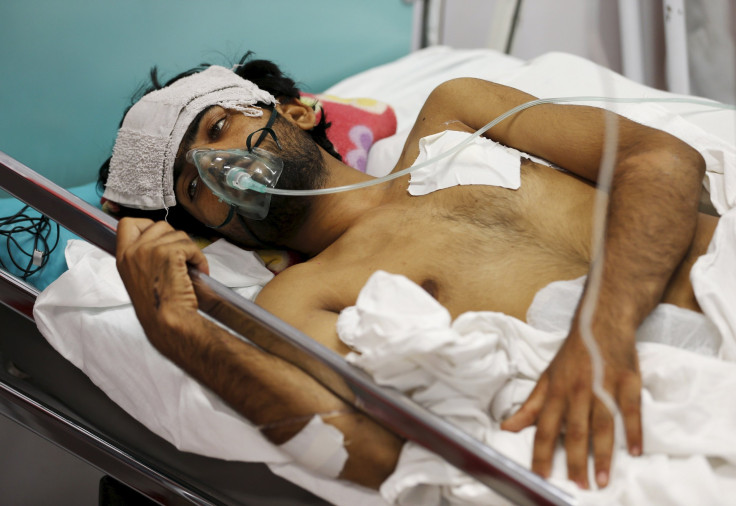US Tank Entered Afghanistan Hospital Compound Without Permission: Group

By Krista Mahr
KABUL, Afghanistan (Reuters) -- Medical aid group Medecins Sans Frontieres said on Friday that a U.S. tank entered the grounds of its hospital in the northern Afghan city of Kunduz without permission, damaging the compound that was hit in a U.S. air strike earlier this month.
The group said in a statement that the vehicle was carrying a team from a joint investigation being conducted by the United States, NATO and Afghan government into why a U.S. aircraft fired on the hospital, killing at least 22 staff and patients.
"Their unannounced and forced entry damaged property, destroyed potential evidence and caused stress and fear for the MSF team," the group said of the incident on Thursday.
It also said members of the investigation team had previously agreed to notify MSF before taking steps that involved the group's personnel or assets.
A spokesperson for NATO's Resolute Support mission in Afghanistan did not immediately confirm or deny the report.
"We are aware of the reports and are reviewing the incident," the spokesperson said.
The U.S. military has taken responsibility for the air strike, which occurred during intense fighting between Afghan forces and the Taliban in the early hours of Oct. 3.
The Islamic militants had briefly taken control of Kunduz city, in their biggest military victory in 14 years of war.
MSF officials have said the hospital's location had been clearly indicated to all parties, and that no Taliban fighters were occupying the site, as some Afghan government officials initially stated.
A group of MSF staff members were in Kunduz this week to assess the damage to the hospital, which is no longer functioning. At present, 22 staff members and patients are confirmed to have died in the attack, and two additional staff members are presumed to be dead.
"What we need is the answer to the question that we are asking everybody ... Why this hospital was targeted. Up to now there is no answer to this question," Guilhem Molinie, MSF's country representative in Afghanistan, told Reuters this week.
"If we don't have the guarantee that treating patients coming from both sides of conflict is respected by all parties in the conflict, we cannot continue to do that in Afghanistan, but potentially all over the world," he said.
(Reporting by Krista Mahr; Editing by Mike Collett-White)
© Copyright Thomson Reuters 2024. All rights reserved.





















